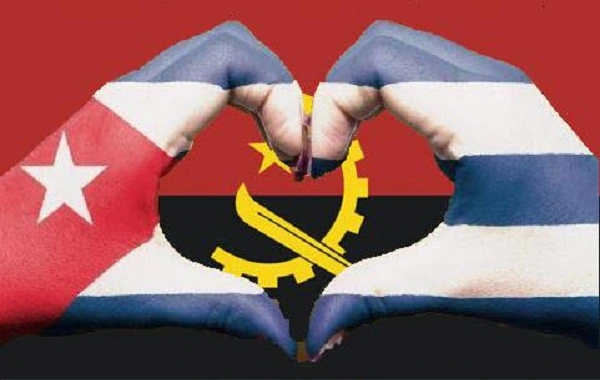Angola is taking significant steps to improve higher education by recruiting Cuban specialists for its public universities.
This move advances the Angola-Cuba cooperation agreement to boost Angola’s academic workforce in health, sciences, engineering, and technology.
The initiative involves Angola investing around 35 million euros in two contracts.
15.4 million euros are allocated to Sciences, Engineering, and Technologies, and 19.5 million to Medicine and Health Sciences.
This decision follows close scrutiny of educational standards in Angola.
The Ministry of Higher Education, Science, Technology, and Innovation (Angop) imposed a two-year admission ban on Agostinho Neto University’s Faculty of Medicine due to concerns about teaching quality.
Angola’s public higher education institutions are creating new roles for educators and researchers to meet the demand for qualified educators and improve academic standards.

Despite the apparent demand for a significant increase in academic staff, budget restrictions limit the hiring process.
The allocations allow for only 42% of the identified need—779 teachers out of the required 1,817, 424 technical staff, and 20 researchers.
This partnership with Cuba reflects Angola’s dedication to enhancing its educational landscape and underscores the challenges of maintaining high-quality higher education.
By strengthening its academic workforce, Angola aims to boost its research and development capabilities, contributing to national socio-economic progress.
This effort is part of a more significant trend of educational reforms and international collaborations intended to close skill gaps and raise academic standards worldwide.
Background
Cuba’s first-class education system excels in producing highly skilled professionals such as doctors, teachers, and other specialists.
These experts, known for their comprehensive training, contribute significantly to Cuba’s international presence by serving in various countries worldwide.
This export of professionals underscores the quality of Cuban education and serves as a key diplomatic and economic tool for the country.

